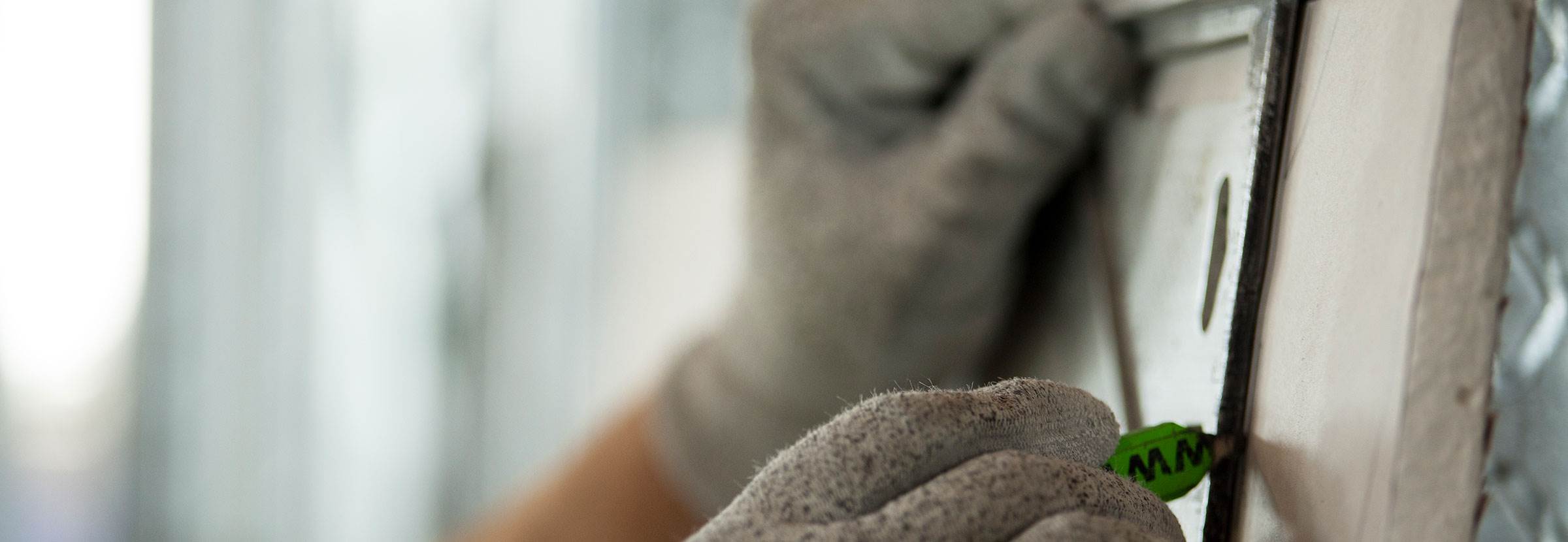PPP and Small Business Relief Provisions in the Latest COVID-19 Stimulus Package
Paycheck Protection Program and Small Business Relief Provisions in the 2021 Consolidated Omnibus Appropriations Act
This afternoon, and after months of negotiations, Congress released the text of a massive, 5,600- page consolidated bill for FY 2021 appropriations and coronavirus response and relief. The bill could be passed by the House and Senate this week. It contains an entire Title focused on aid for small businesses that provides $325 billion to the hardest-hit small businesses, as well as nonprofits and entertainment venues that are struggling to recover from the pandemic. Of this amount, $284.45 billion is for a second round of forgivable loans through the Paycheck Protection Program (PPP) that SWACCA has been advocating for since the initial PPP authorization lapsed. As we predicted in SWACCA’s Thursday, December 17th PPP webinar, this additional money is restricted to small businesses and certain nonprofits experiencing significant revenue losses. The bill also makes several improvements to PPP that SWACCA has been urging. Below is a brief summary of these provisions.
Paycheck Protection Program Second Draw Loans:
- The bill limits eligibility for the PPP second draw loans to small businesses that have no more than 300 employees and demonstrate at least a 25 percent reduction in gross revenues between comparable quarters in 2019 and 2020.
- It establishes a maximum loan size of 2.5times the average monthly payroll costs, up to $2 million for most businesses. (Small businesses under NAICS Code 72, Accommodation and Food Services, can receive loans equal to 3.5 times average monthly payroll).
- The legislation retains the reduced forgiveness threshold SWACCA championed so that borrowers receive full loan forgiveness of second round PPP loans if they spend at least 60 percent of their PPP second draw loan on payroll costs over a period of the borrower’s choosing between 8 and 24 weeks.
- The bill includes set-asides to support first-time PPP borrowers with 10 or fewer employees, second-time PPP borrowers with 10 or fewer employees, first-time PPP borrowers who have been made newly eligible, and returning PPP borrowers.
- The bill also has a set-aside for loans made by community lenders.
Paycheck Protection Program Improvements:
- The bill adopts a SWACCA-supported provision to extend PPP eligibility for certain 501(c)(6) nonprofits (which are the tax designation of some SWACCA regional affiliates) with 300 or fewer employees that do not receive more than 15 percent of their revenue from lobbying.
- It expands PPP allowable and forgivable expenses to include supplier costs on existing contracts and purchase orders and includes a SWACCA-supported revision covering costs relating to worker protective equipment and adaptive costs.
- The bill includes SWACCA-supported simplification of the loan forgiveness application process for smaller loans up to $150,000.
- The compromise includes a measure supported by SWACCA and numerous other business groups allowing PPP borrowers to include more types of group insurance payments when calculating their PPP payroll costs, such as vision, dental, disability and life insurance.
- Out of concern over the “second wave” of COVID cases and related economic dislocation, the legislation enables borrowers who returned all or part of their PPP loan to reapply for the maximum amount applicable during the second round.
- It also allows lenders to recalculate borrower’s loan amounts due to changes in regulations regardless of whether SBA Form 1502 has been submitted.
- The compromise eliminates the requirement that EIDL advances be subtracted from PPP forgiveness.
Increased Anti-Fraud and Accountability Measures to Respond to Fraud in the PPP and other SBA programs.
- Generally, the bill ensures increased review and audit of the SBA’s PPP and EIDL programs in response to documented instances of fraud.
- The measure compels the SBA to submit a detailed forgiveness audit plan to Congress within 30 days of enactment.
- It appropriates $50 million to support PPP audits.
- The bill also requires the SBA Administrator and the Secretary of the Treasury to testify within 120 days of enactment of the law and twice a year for two years to the Senate and House Small Business Committees on the integrity of the PPP and other SBA aid programs.
- Responding to public outcry over some of the recipients of the first round of PPP loans, the bill codifies the list of business that are ineligible for PPP loans, including publicly traded businesses and those affiliated with entities in the People’s Republic of China.
- The compromise legislation prohibits PPP loan proceeds to be used for lobbying activities.
© 2024 Signatory Wall and Ceiling Contractors Alliance (SWACCA). All rights reserved.
